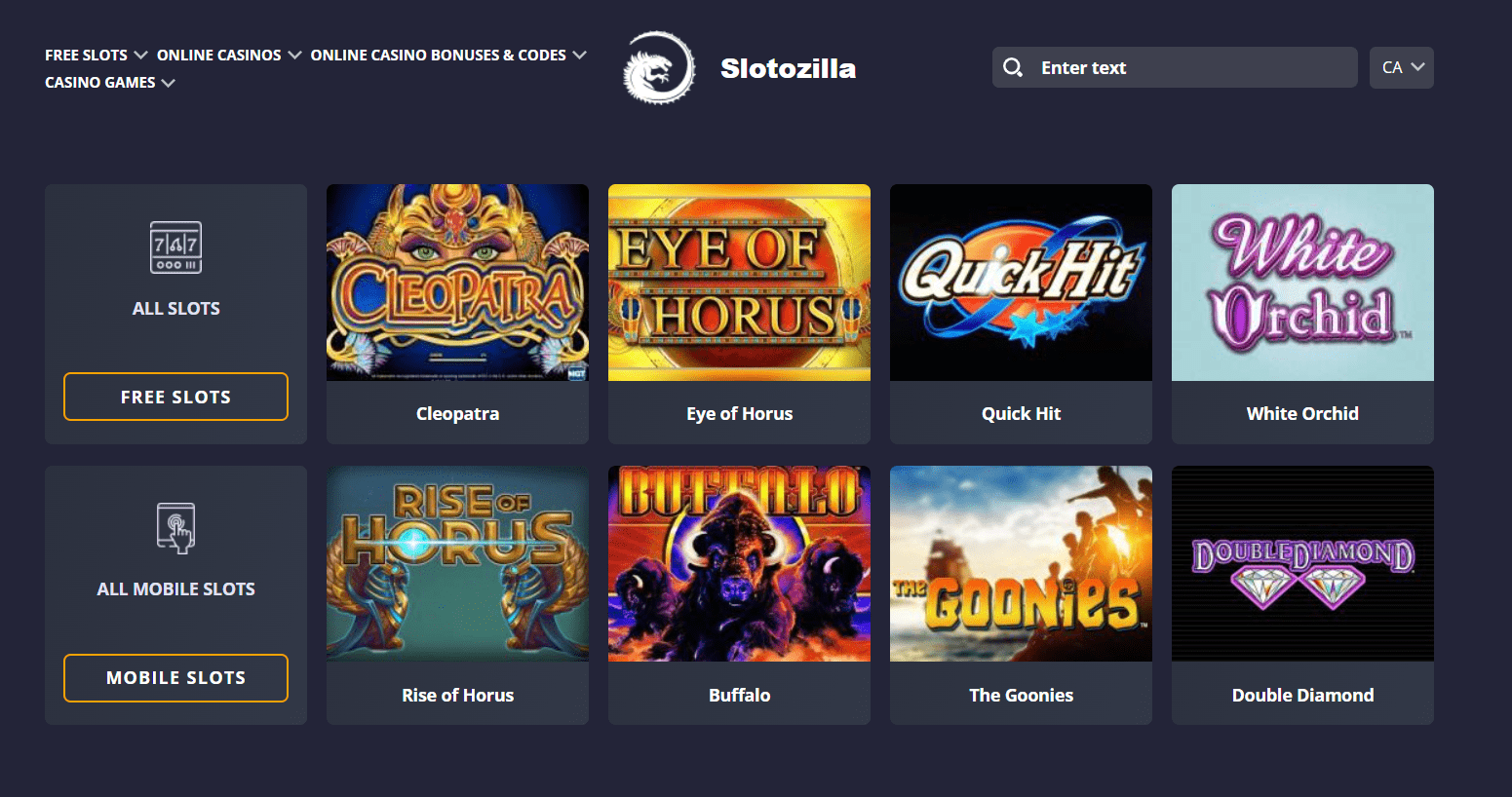Impact of Gambling on Canadian Economy: Top Benefit
- 1 Gambling in Canada
- 2 Evolution and Growth of the Canadian Gambling Industry
- 2.1 The Development of Industry
- 2.2 Impact Gambling Has on the Canadian Economy
- 2.3 Revenue Generation
- 2.4 Job Opportunities
- 2.5 Promotes Tourism
- 3 Contribution to Tax Income
- 4 Gambling Pros and Cons
- 4.1 Pros:
- 4.2 Cons:
- 4.3 Conclusion
Gambling has dominated human existence for centuries, and sometimes we consider how much growth it actually contributes to the economy. Aside from the fact that people gamble for entertainment, there are other impacts we can point to that gambling could have on the economy. New inventions made gambling possible in the first place; for the best online casino in Canada with the best casino bonus, you only need your phone. Today gambling in Canada has become quite the culture and has contributed significantly to the country’s growth.
Gambling may be traced back to ancient civilizations, having roots in even the most primitive tribes. In certain nations, gambling is prevalent and socially accepted, but in others, severe restrictions, if not outright bans, are enacted. Many cultural, economic, and political issues influence public and government attitudes toward this recreational pastime. Today we will look if gambling is worth legalizing.
Gambling in Canada
Online gaming is one of the sectors with the quickest growth rates in Canada and other countries. Canada is rated seventh among the nations that spend the most money gaming online, with approximately 19.3 million active online gamblers. Compared to gambling in America and China, which are the two biggest gambling markets in the world, this is a significant number. Several provinces are already tapping into the profitable business. Alberta, Ontario, Saskatchewan, and British Columbia are among the list of top provinces at the forefront of the profitable industry.
Each year, Canadians spend almost $4 billion on foreign internet sites. According to the Canadian Gaming Industry Report, local casinos get $16 billion from Canadian gamblers. It is not surprising that Canada generates such large amounts of cash from the business, given that almost 20 million Canadians participate in online gaming activities.
Gambling in Canada used to be illegal, but by taking the opportunity it presents, the country has found a way for its residents to have fun. Today, every province has its own set of rules regulating internet gambling. Casinos, on the other hand, are normally lawful. The appropriate authorities must license Canadian internet casinos. Except for Saskatchewan, every province has at least one online gaming site. Manitoba, Quebec, British Columbia, and Ontario can grant licenses. Online gambling sites can only operate on a local level without special authorization. Before games may be played beyond provincial lines, a specific agreement must be reached.
To operate within the country, offshore operators do not require permits. Penalties apply only to land-based casinos. Canadians can participate in offshore internet casinos. However, such sites are prohibited from expressly targeting Canadian players. SlotoZilla is a site you might want to note because it has the best resources for you to learn and find the best casinos in Canada and offshore. It enables you to find casino sites with the best no deposit bonus offers.
Evolution and Growth of the Canadian Gambling Industry
Gaming businesses, technology, goods, and experience from Canada are always in demand. The industry’s growth and evolution have been fueled by several important causes, which include:
- technical advancements;
- changes in public opinion;
- customer preferences for new products;
- innovation taking place on a worldwide scale;
- cutthroat marketplace.
This has also resulted in interest from foreign businesses looking to establish a presence in Canada. The country has a long and rich gambling heritage, unlike most other countries. The first mention of “hazard” dates back to the 18th century when British colonists brought it to Canada. People started playing Hazard at the numerous, well-liked bars at the time since it became so famous so quickly. As a result, further gambling games, including blackjack, poker, and roulette, were created.
Canadians have been skilled gamblers for a very long time. They depended on land-based casinos before the development of internet casinos. However, more than 2,100 online casinos are already available, and they have proven to have higher RTP (return-to-player). Therefore, it is understandable why online casino income is on the rise.
The Development of Industry
The introduction of online casinos in Canada, contributed immensely to the growth of gambling in the country. People were initially apprehensive about attempting this type of gambling, but they rapidly warmed up to it. The fact is that because it’s more convenient, many people now choose to bet online. You can perform it in the convenience of your house. But that’s not all; you can also gamble and play casino games like online slots on the move when you’re driving, commuting to work, or standing in line. Because they are open 24/7, the opportunities are limitless.
At the same time, the popularity of gambling has increased thanks to smartphones and tablets. Because we all always have our phones with us, mobile casinos offer an excellent user experience and are accessible virtually immediately. Traditional, on-site casinos just cannot compete with this. The shift has become so evident that the popularity of Canadian online casinos has caused a decline in income at traditional casinos over time. The 2020 pandemic lockdown hastened this slide.
Another underrepresented factor that has contributed to the growth of the industry is the bonus system. With offers like free spins and no deposit bonus, users have gotten to try mobile slots and other favourite games on the best online casino sites they can find. A one-time experience has led many to search for the best dollar deposit casinos or best payout online casino sites to play in and earn some real money.
Impact Gambling Has on the Canadian Economy
In this section, we will look at some of the impacts of the best online casino sites and the whole gambling sector on the Canadian economy. The table below shows the percentage ownership of gambling research literature by top countries found online.
| Countries | Gambling Research |
| USA | 62% |
| Canada | 16% |
| Australia | 8% |
| New Zealand | 4% |
Revenue Generation
The government receives a lot of money from gambling, which is the first and most significant point to make. In addition to the fact that people didn’t want to stay away from it, revenue generation was the main opportunity the government saw in the industry before it was legalised and regulated. This is particularly true for online casinos, which have recently gained a lot of popularity. The taxes these companies contribute to the Canadian government represent a sizable funding source.
In fact, the Canadian gambling sector is so profitable that it competes with other major corporations. The value of the Canadian gambling industry is currently more than $12.5 billion, according to the research. This is mostly because more than 60% of individuals in Canada partake in gambling annually, making casinos a popular hobby.
The good news is that most Canadians are responsible because the sector makes a concerted effort to encourage responsible gambling. They also fund initiatives that aid people who could be in danger of gambling addiction and other gambling problems. All of this helps to fuel the market for gambling’s ongoing expansion.
Job Opportunities
The gaming business furthermore offers Canadians employment prospects. Both offline and internet casinos require staff to keep operations operating efficiently. That includes everyone from croupiers and casino dealers to marketing directors and software designers. In the gaming industry, several positions are available, all of which come with favourable working conditions and competitive pay. Because thousands of workers are needed by dozens of new businesses to meet the constantly increasing demand, the sector as a whole is a significant source of job vacancies.
Aside from that, keep in mind that the hospitality sector is improved by gaming. Hotels and restaurants close to casinos are prime examples of this. Since casino goers frequently dine and drink at surrounding firms, they frequently prosper. In 2017, the industry generated $17.1 billion in gaming revenue, which included $1.0 billion in non-gaming revenue (lodging, entertainment, food and beverage, and retail), demonstrating that gambling in Canada is a major catalyst in the wider hospitality industry as well as a significant creator of jobs and income for communities.
In Canada, gaming directly supports around 182,500 employees with an average pay of over $65,000, totaling $11.9 billion in labor income. Furthermore, the industry spends approximately $14.6 billion on products and services each year, creating $18.9 billion in value-added GDP for the Canadian economy. Given these facts, it is reasonable to claim that the gambling industry also increases the number of employment prospects for non-gambling firms. This is another fantastic method in which gaming benefits the Canadian economy.
Promotes Tourism
Casinos also draw travelers who want to have a good time and perhaps win some real money. An excellent illustration of this is Niagara Falls, Ontario. The city is one of the most well-liked tourist attractions in Canada and boasts a lot of casinos. The same holds true for other locations that are well-liked by gambling enthusiasts.
However, it’s not only about conventional casinos. Canada’s abundance of completely legal online and land-based casinos is another attraction for tourists. These websites and places draw many people from across the world thanks to their fantastic game variety and incredible casino bonus offers like no deposit bonus–allowing users to try out free slot games. A win-win scenario for both businesses is created when gaming and tourism are coordinated. Visitors to casinos help the tourist industry, while the casinos themselves draw more patrons and make more money.
Contribution to Tax Income
As we’ve already explained, the Canadian government gains a lot from the gambling sector through taxes. Given the industry’s immense scale, a significant tax income will assist the Canadian government in funding various initiatives and services. As a result, we may conclude that the Canadian government gains from casino operators on both an economic and social level. This is so that the government may utilise tax revenue to raise everyone’s standard of living in the country. Local governments can fund initiatives in the areas of social assistance, health care, and education using the money generated by offline and internet casinos. Other notable impacts of gambling on the Canadian industry include:
- Increased social networking;
- Technological advancement;
- Control of black money flow;
- Relative drop in illegal activities.
Gambling Pros and Cons
There are a few pros and cons to gambling that must be considered when thinking about the impact it has on the economy.
Pros:
- It creates job opportunities.
- It boosts the level of competition in the Canadian recreational sector.
- It brings about a rise in tax deductions.
- It could have some decent benefits for individuals.
Cons:
- Individuals could begin to depend psychologically on gambling.
- Gambling addiction could mess up one’s life.
- There’s a risk of people spending excessively at casinos, which may have a ripple effect on local businesses.
- The odds of gambling are against individuals and are mostly betting on luck.
Conclusion
In the end, Canada has established a huge gambling industry by legalizing and regulating it. It has become an enormous business for the country, and its impact on the economy is quite significant. Canada is one the leading countries in the world in gambling research and hopes to make the industry profitable and safe for its country.
The gambling industry has thrived because it is regulated by the government and is not left to private investors to run all alone. Leaving such an industry to private bodies will be to the detriment of the public. The success in the Canadian gambling industry can also be attributed to its dedication to making the most of the opportunities available.




















